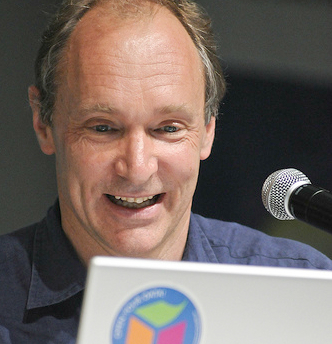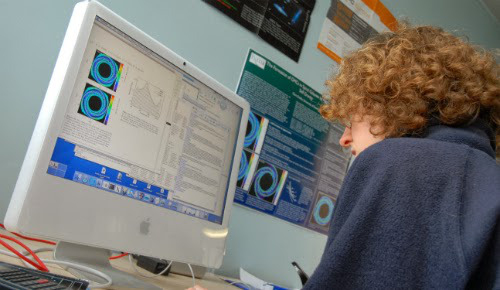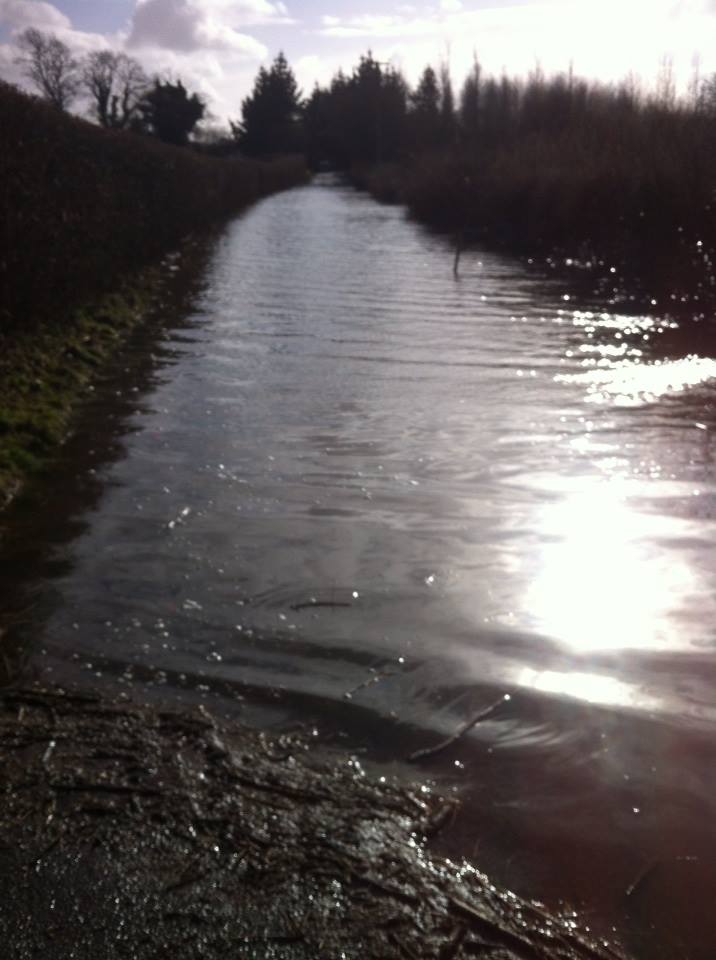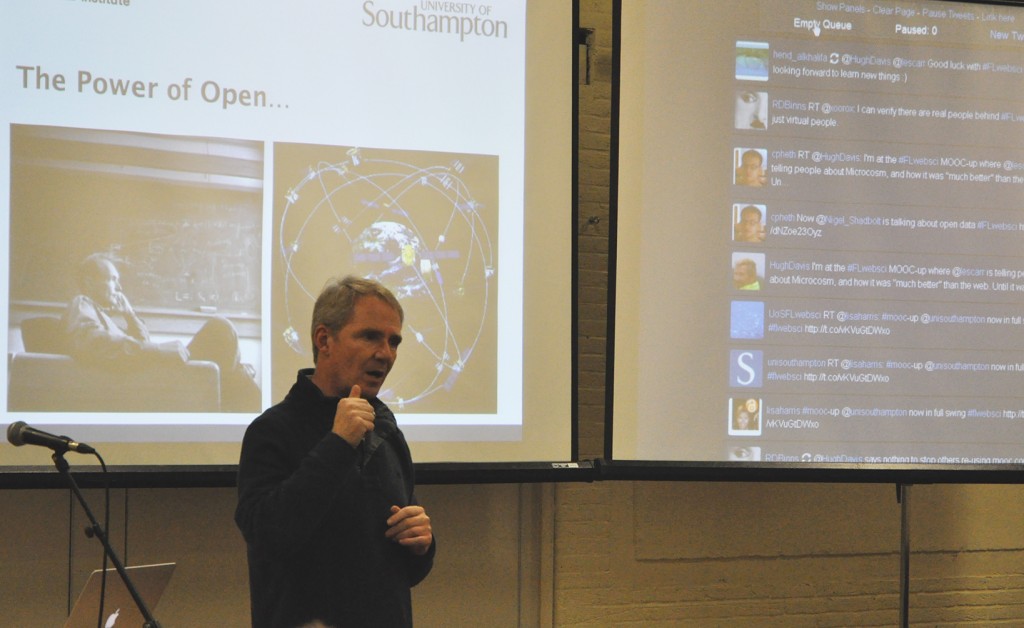
Open Hypermedia and the Web
Tim Berners-Lee, the main architect of the World Wide Web (W3), developed the system while working for CERN, the European Organisation for Nuclear Research in the late 1980s. W3 was developed to overcome difficulties with managing information exchange via the Internet. At the time finding data on the Internet required pre-existing knowledge gained through various time-consuming methods: the use of specialised clients, mailing lists, newsgroups,hard copies of link lists, and word of mouth.
Continue reading →



